Blasting
Blasting work is a general term for a process that forcefully propels a stream of abrasive material against a surface under high pressure. This process can be used for a variety of purposes, including:
- Cleaning: To remove dirt, rust, paint, and other contaminants from a surface.
- Roughening: To increase the surface area of a smooth surface, which can improve adhesion for coatings, paints, or other materials.
- Shaping: To remove material from a surface to create a desired shape.
- Finishing: To create a smooth or textured surface finish.
There are many different types of blasting, each with its own advantages and disadvantages. Here are some of the most common types:
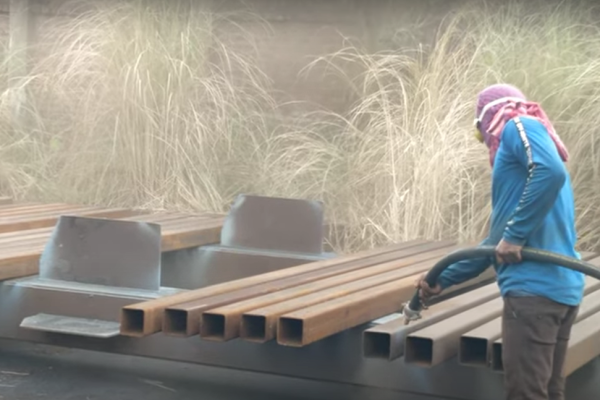
Sand Blasting:
This is the most common type of blasting, and it uses sand as the abrasive material. Sandblasting is effective for removing rust, paint, and other contaminants, but it can also be very aggressive and can damage the surface being blasted.
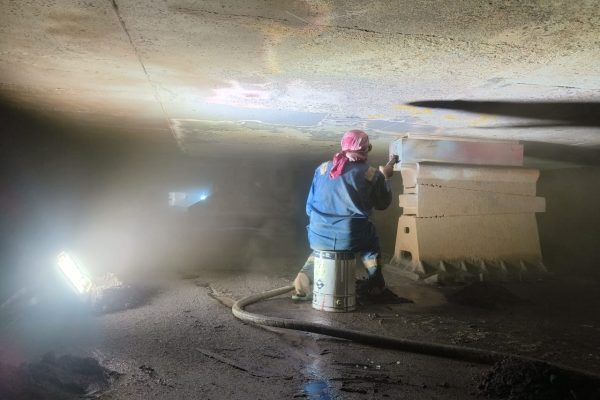
Copper Blasting:
This type of blasting uses copper slag as the abrasive material. Copper blasting is less aggressive than sandblasting and is often used on delicate surfaces. It can be used for cleaning, roughening, and finishing.
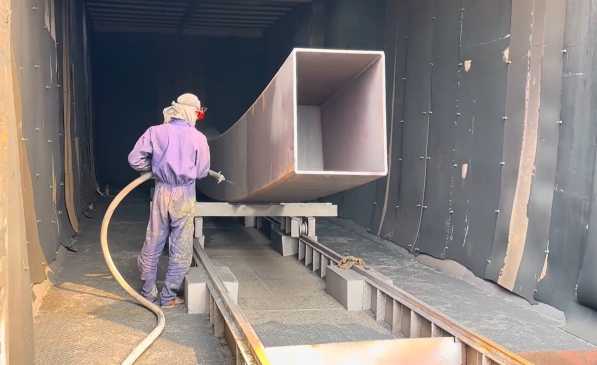
Iron Grid Blasting:
This type of blasting uses iron grit as the abrasive material. Iron grit blasting is more aggressive than copper blasting and is often used for cleaning and roughening. It is not typically used for finishing because it can leave a rough surface.
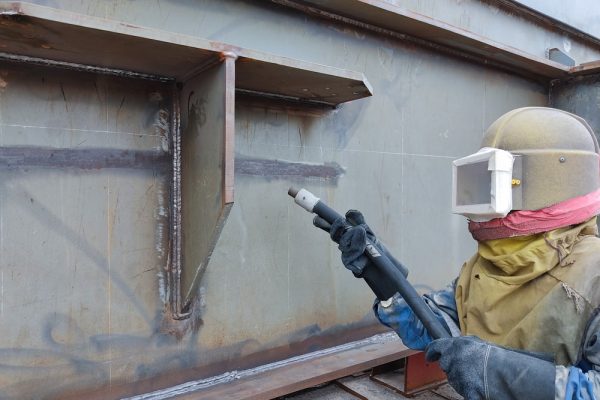
Caustic Grit Blasting:
This type of blasting uses a combination of abrasive material and a caustic solution. The caustic solution helps to remove contaminants that are difficult to remove with blasting alone. Caustic grit blasting is typically only used in industrial applications.
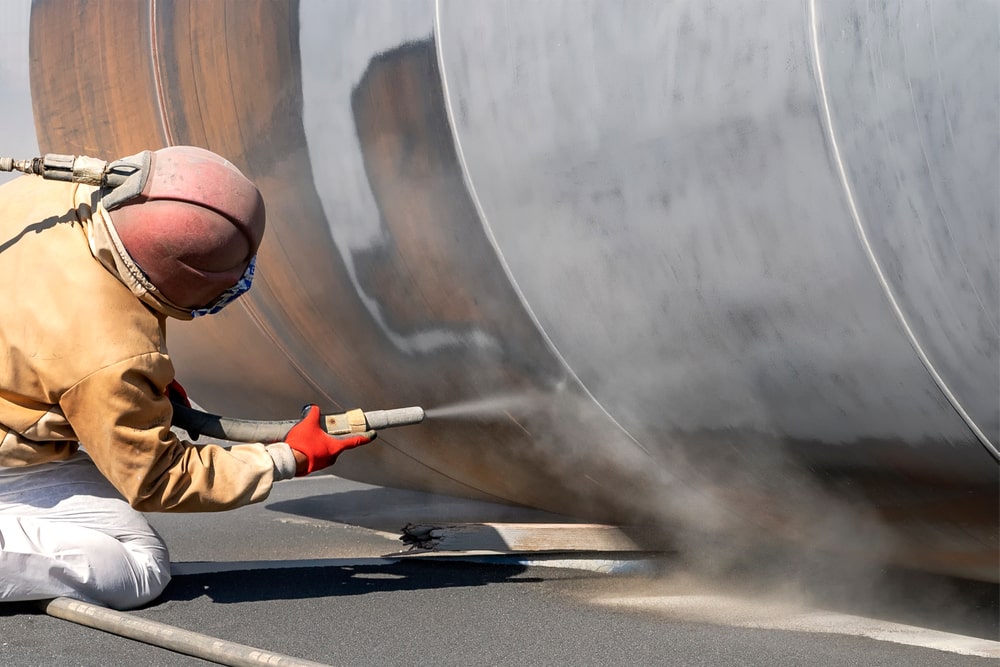
Steel Shot Blasting:
This type of blasting uses steel shot as the abrasive material. Steel shot blasting is a very aggressive form of blasting and is typically used for cleaning and roughening very tough surfaces. It is not typically used for finishing because it can leave a very rough surface.
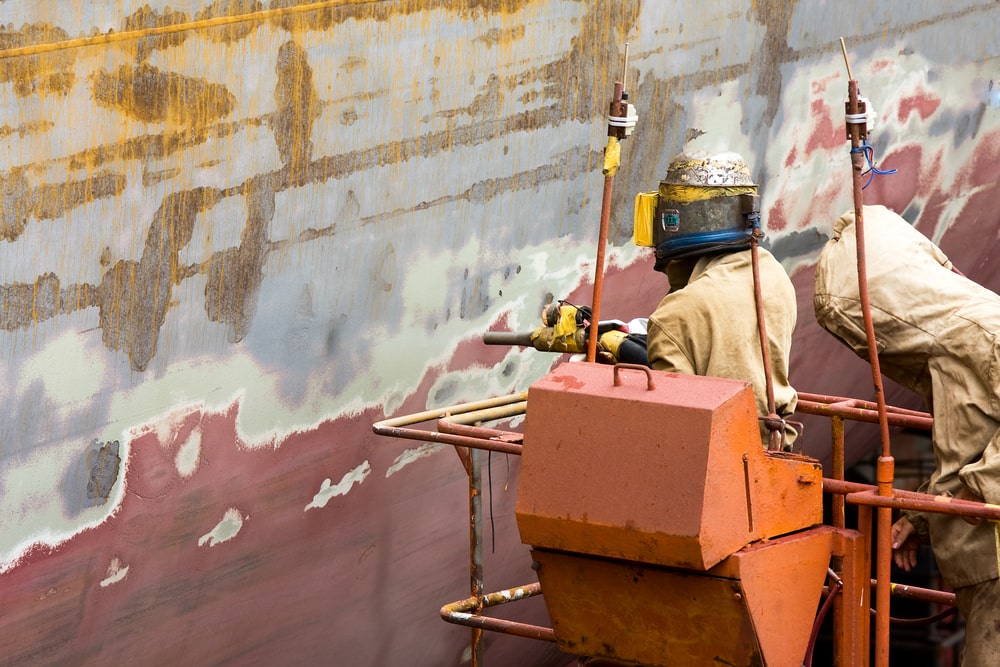
Caustic Shot Blasting:
This type of blasting uses a combination of steel shot and a caustic solution. Caustic shot blasting is similar to caustic grit blasting, but it is more aggressive. It is typically only used in industrial applications.
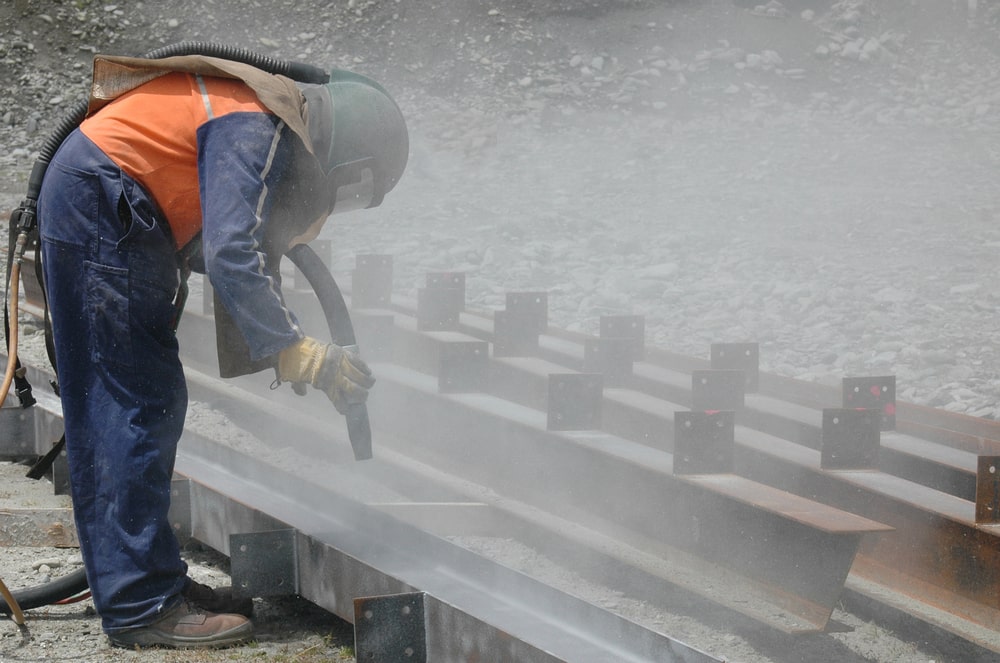
Quatch Blasting:
This type of blasting uses a synthetic, recyclable abrasive material. Quatch blasting is less aggressive than sandblasting and is often used on delicate surfaces. It can be used for cleaning, roughening, and finishing.
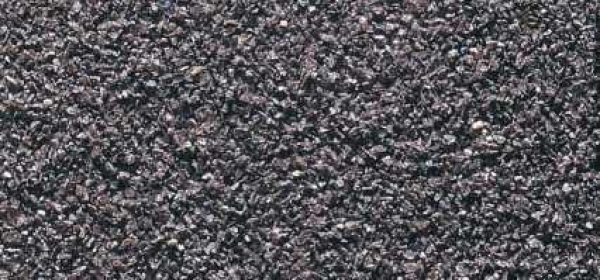
Aluminum Oxide Blasting:
This type of blasting uses aluminum oxide as the abrasive material. Aluminum oxide blasting is a very versatile type of blasting that can be used for a variety of purposes, including cleaning, roughening, and finishing. It is a good choice for a variety of materials, including metals, plastics, and composites.
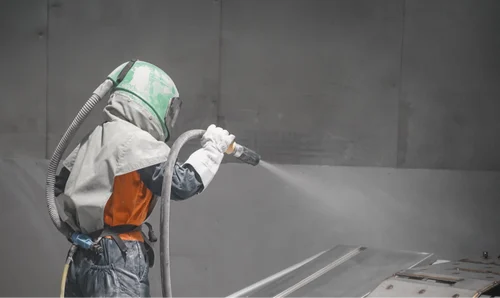
Glass Bead Blasting:
This type of blasting uses glass beads as the abrasive material. Glass bead blasting is a very gentle form of blasting that is often used for cleaning and finishing delicate surfaces. It can also be used to create a matte finish on a surface.
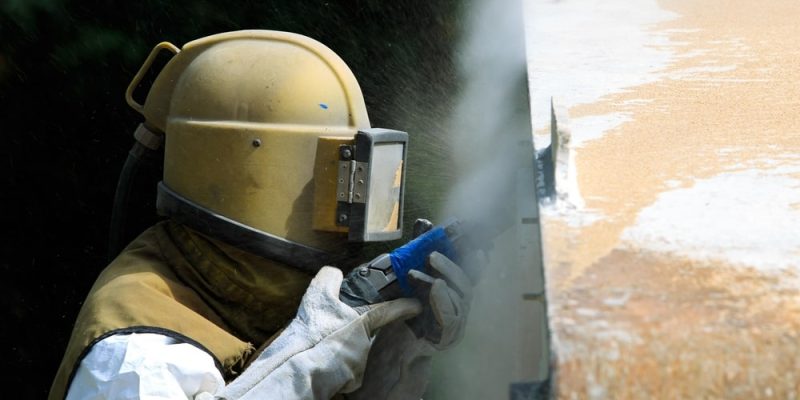
Ceramic Blasting:
This type of blasting uses crushed ceramic material as the abrasive material. Ceramic blasting is similar to aluminum oxide blasting, but it is slightly less aggressive. It is a good choice for a variety of materials, including metals, plastics, and composites.
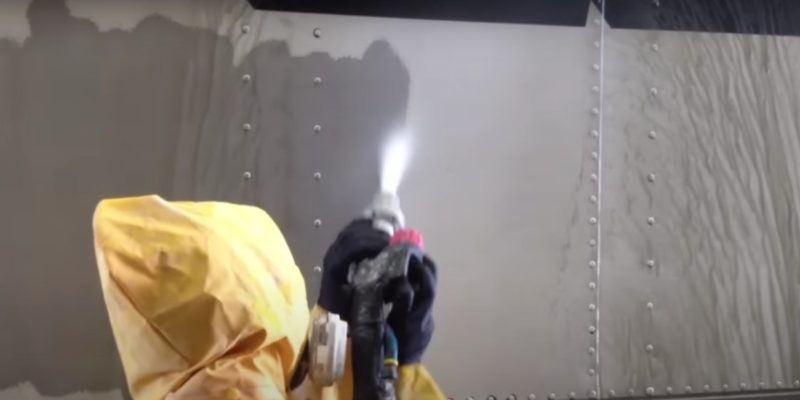
Wet Blasting:
This type of blasting uses a mixture of water and abrasive material. Wet blasting is less dusty than dry blasting and is often used in applications where dust control is a concern. It can be used for cleaning, roughening, and finishing.
The best type of blasting for a particular application will depend on the specific material being blasted, the desired surface finish, and other factors. It is important to consult with a professional to determine the best type of blasting for your needs.
